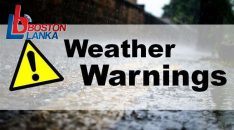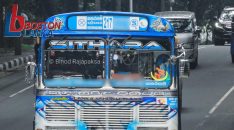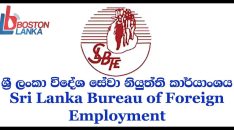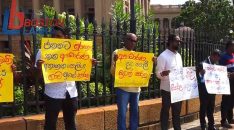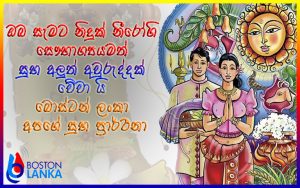Sri Lanka must identify and respond to the “root causes” of religious extremism that has been used to incite violence in the country, UN Special Rapporteur on freedom of religion or belief Ahmed Shaheed said here on Monday.
Urging the state to prosecute those responsible for violence and incitement to violence, he said authorities must make efforts to “dismantle the networks of hate” and ensure that victims of hate crimes are able to access justice. Concluding his 10-day visit across the island, Mr. Shaheed told the media that the state should develop systems and mechanisms to monitor and respond to hate speech in conformity with international human rights standards.
Mr. Shaheed’s visit comes four months after the Easter terror attacks that claimed more than 250 lives in Sri Lanka. Following the serial blasts that investigating authorities have attributed to local Islamist radicals, apparently inspired by the Islamic State, mobs unleashed violent attacks on the Muslim community, sparking serious concern over escalating religious tensions in the country.
In the island’s post-war years, hardline Sinhala Buddhist groups have been repeatedly linked to incitement of violence against the Muslim community that makes up less than 10% of the population.
On the main challenges in ensuring religious freedom, the visiting UN envoy said Sri Lanka’s Muslim community faced “increased hostility”, especially after the April bombings. “Prior impunity has strengthened anti-Muslim groups,” he said, adding that “weak and un-coordinated responses” led to a rise in violence.
‘Double standards’
Commenting on religious discrimination, Mr. Shaheed said that while the Sri Lankan Constitution protects religious freedom, it declares that “Buddhism shall be given the foremost place by the State”. Interlocutors he met “frequently” told him that they feel the State was structurally unable to treat other religions on an equal basis, owing to this provision.
Further, the rapporteur also said that religious communities pointed to the State allowing Buddhist monks to erect shrines or Buddhist statues even in areas where there was little Buddhist presence. Many, the envoy said, also referred to the “double standards” in law enforcement, as seen in cases when perpetrators of violence from the majority Buddhist community, clearly identifiable in video footage, remain “unaccountable for years.”
Mr. Shaheed, who will submit his detailed report to the UN Human Rights Council in March 2020, said leaders must immediately condemn any violence targeting vulnerable communities. “Very often we find that the political leadership is on the back foot in such situations,” he said.



